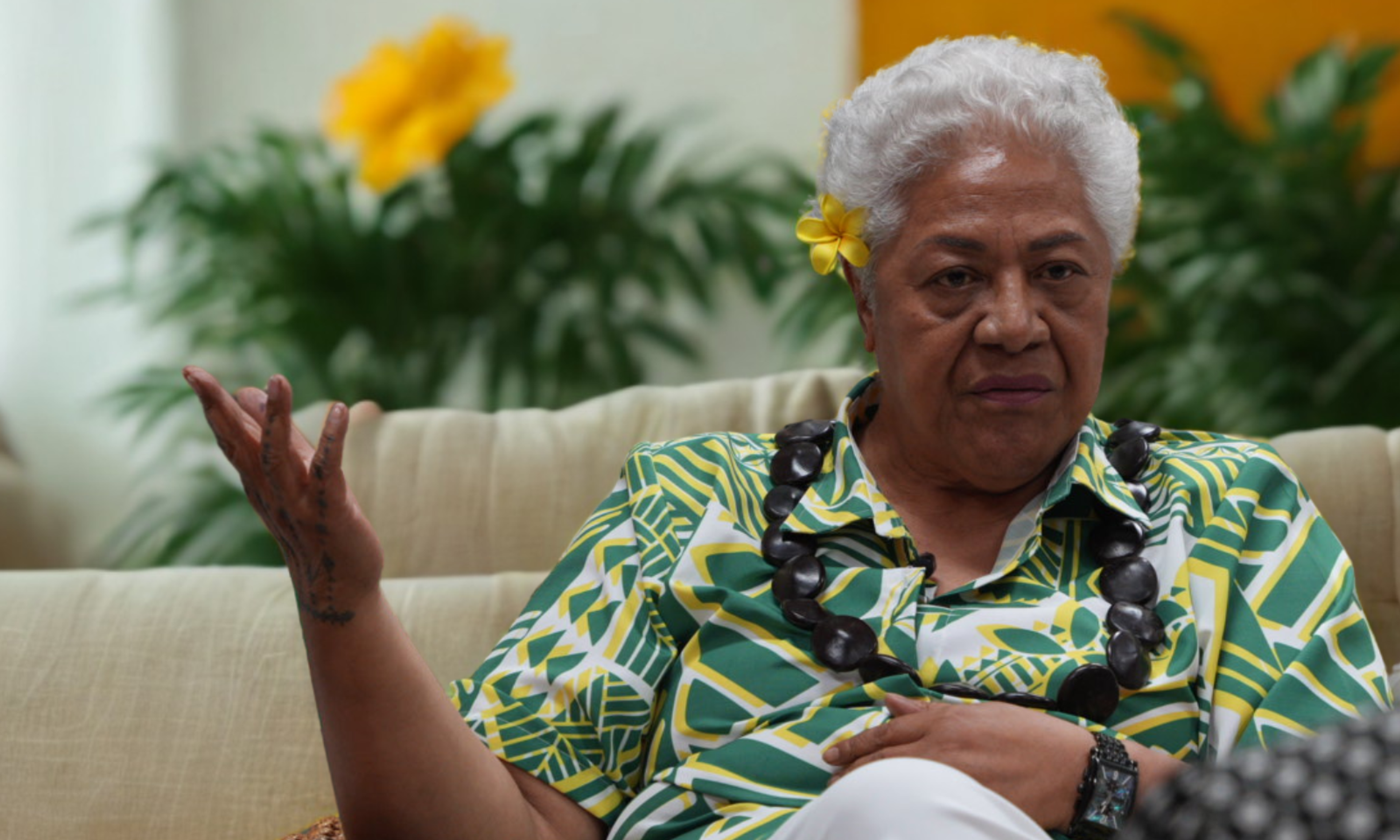
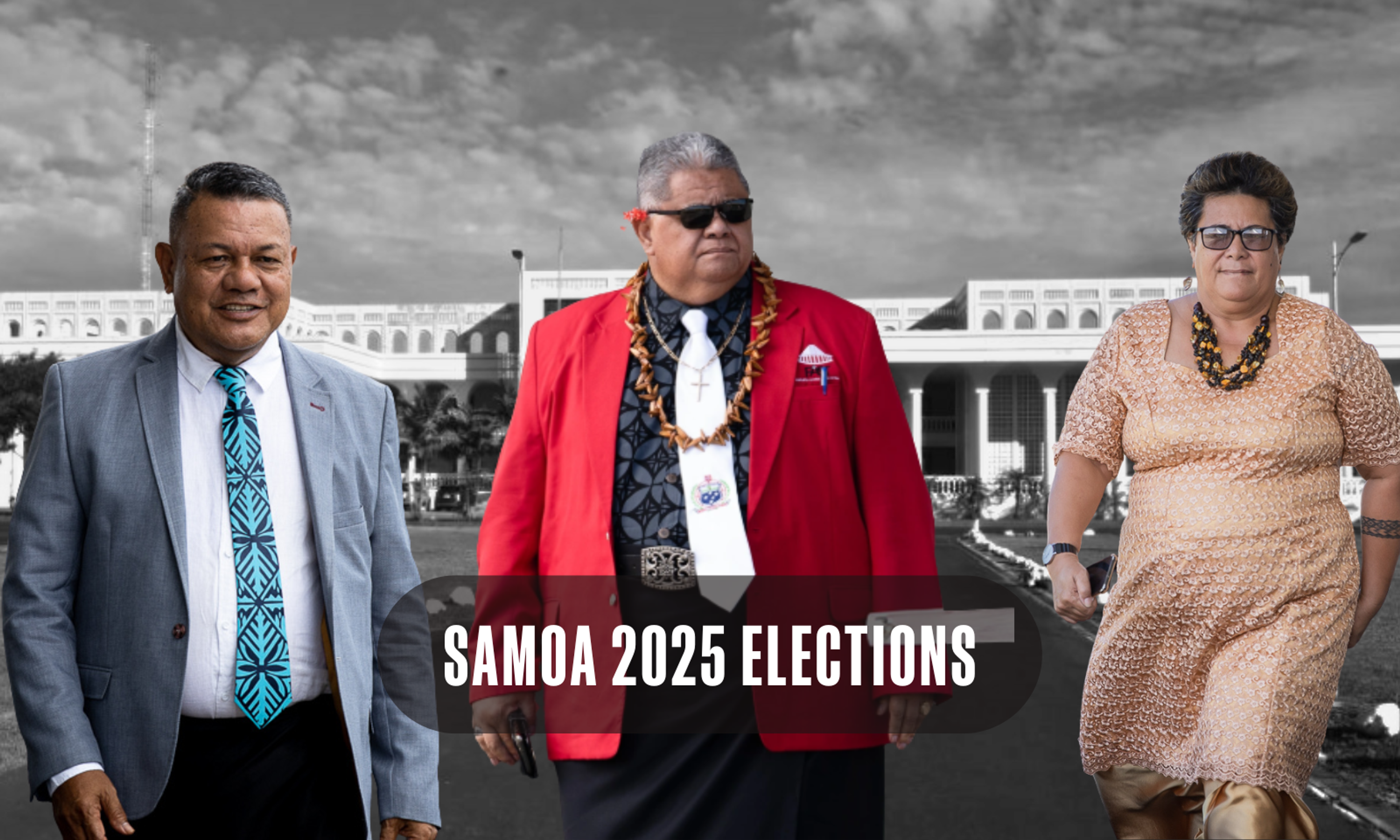
Major parties are battling it out in the Electoral Court over issues of monotaga.
Photo/PMN
Sāmoa court resolves key challenges as election day looms
The Electoral Court has started hearing 11 cases mostly focused on cultural and residency requirements for candidates ahead of the 29 August election.



Island Vibes unleashes Tonga Tū Ketau Tuē: A celebration of Tongan identity and language

80 years on, Pacific continues to bear deep scars from World War II
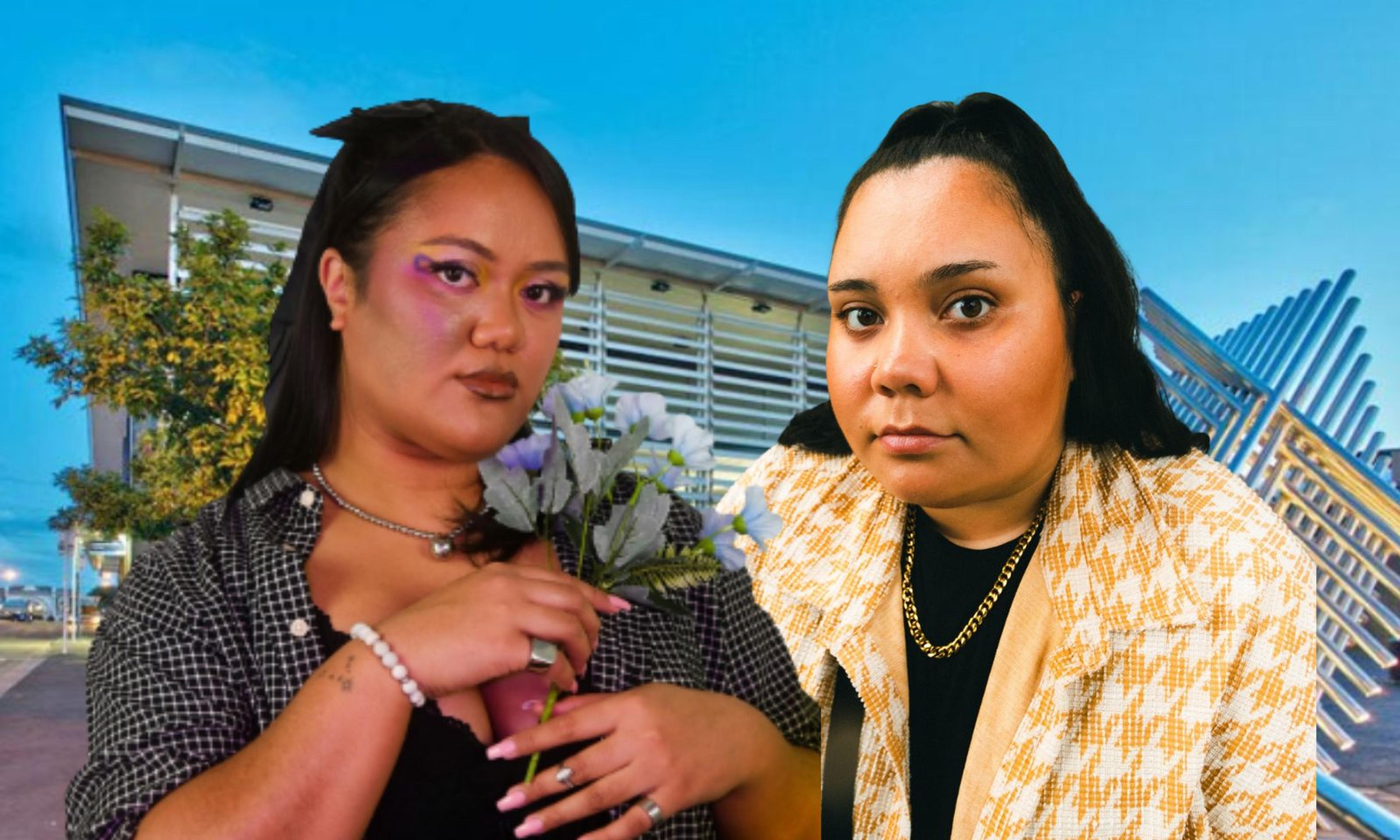
When libraries become creative hubs for young Pasifika to tell stories


Principle over politics: Fiamē's vision put to the test in general election

Island Vibes unleashes Tonga Tū Ketau Tuē: A celebration of Tongan identity and language

80 years on, Pacific continues to bear deep scars from World War II

When libraries become creative hubs for young Pasifika to tell stories
The Electoral Court in Sāmoa is currently addressing several election challenges, having dismissed or struck out three of the 11 motions, while two others were withdrawn.
The three major political parties - Human Rights Protection Party (HRPP) led by former Prime Minister Tuilaepa Sailele Malielegaoi, Fa’atuatua i le Atua Sāmoa ua Tasi (FAST) led by La’aulialemalietoa Leuatea Polataivao Schmidt, and Sāmoa Uniting Party (SUP) led by caretaker Prime Minister Fiamē Naomi Mata’afa - are involved in the challenges, along with an Independent candidate from one of the Savai’i districts.
Following the dissolution of Parliament in May, there is a constitutional requirement to hold fresh elections within three months, prompting swift electoral processes to meet the deadlines for the 29 August polling date.
Two weeks ago, Chief Justice Satiu Simativa Perese announced that the Supreme Court would sit as an Electoral Court, appointing two judges to oversee each of the 11 election challenge cases.
On Monday, the Electoral Court began hearings related to monotaga challenges. Most of these claims refer to the legal requirement that candidates must have resided in the constituency they intend to contest for at least three consecutive years. Some challenges also question the eligibility of those who nominated the candidates.
Under Sāmoan law, candidates must meet standard eligibility criteria such as citizenship and residency time and fulfil cultural requirements, including holding a matai title and providing monotaga. The term monotaga refers to the compulsory service, assistance, or contribution (in cash, kind, or goods) rendered for traditional, customary, or religious purposes, in line with the customs of a particular village.
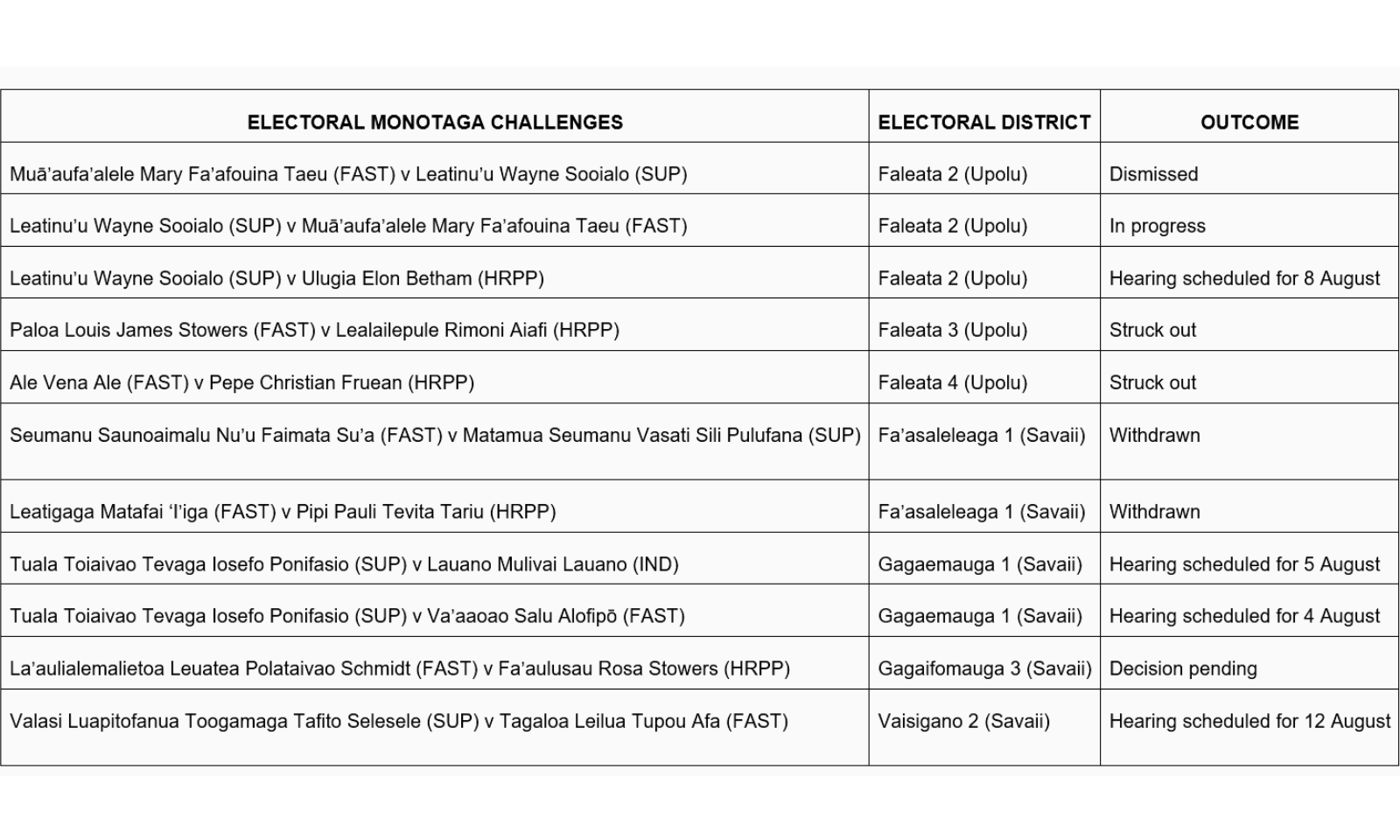
Courts must decide on electoral challenges by 15 August. Photo/PMN
By the end of the first week of hearings, half of the election challenges had been resolved - either dismissed by the court, struck out, or withdrawn by the challengers.
HRPP candidates Lealailepule Rimoni Aiafi and Pepe Christian Fruean are moving forward in their districts after motions brought against them by FAST opponents were dismissed by the Electoral Court on Thursday.
Paloa Louis James Stowers had lodged a residency challenge against senior HRPP member Lealailepule. The pair have previously faced off in court. In 2020, the courts disqualified Paloa from running in the 2021 general elections, allowing Lealailepule to proceed unopposed.
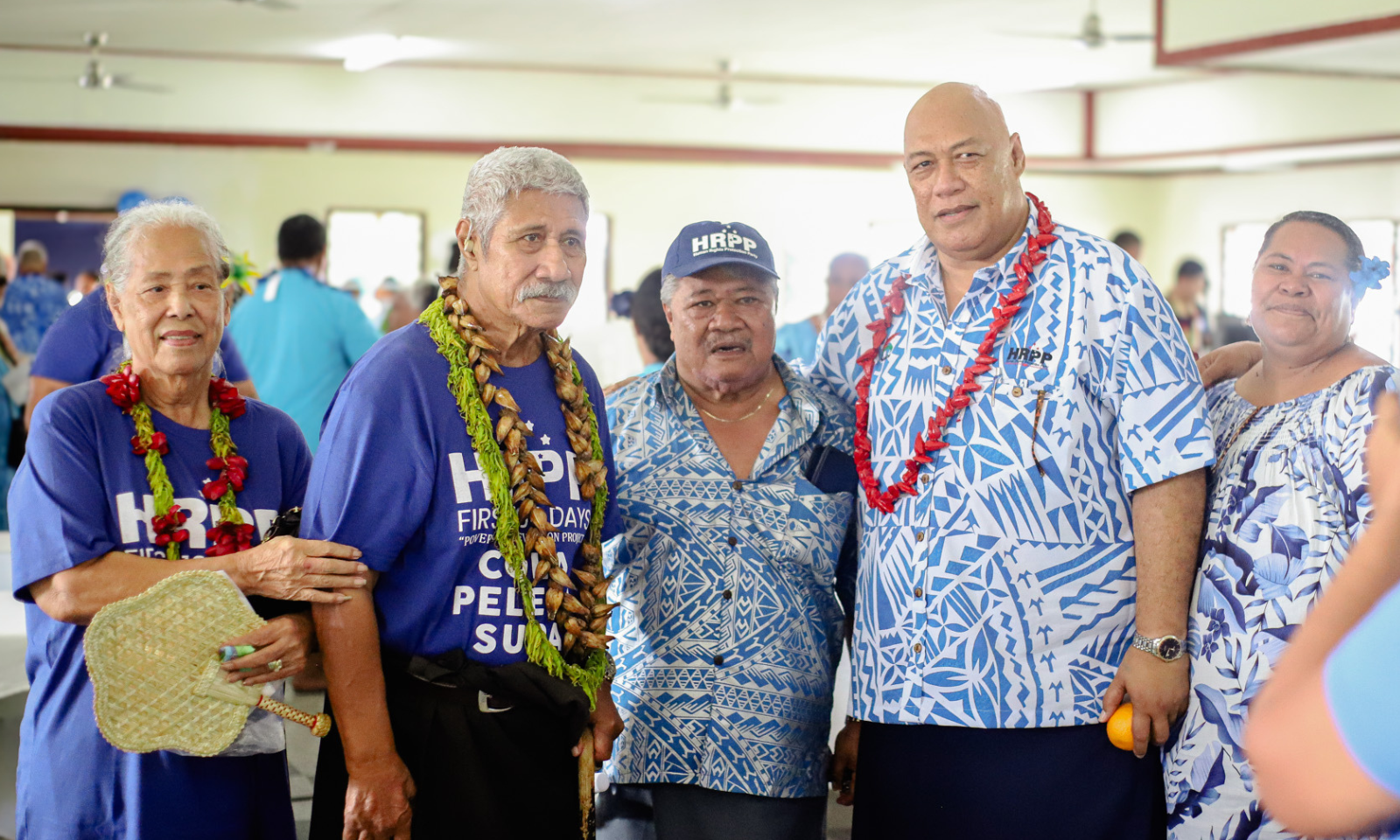
Lealailepule Rimoni Aiafi will proceed to elections after the challenge against him was dismissed. Photo/HRPP/Facebook
Meanwhile, veteran parliamentarian Ale Vena Ale tried to invalidate the candidacy of HRPP freshman Pepe based on the monotaga requirement. Ale entered parliament in 2021 as a member of HRPP but resigned alongside two other MPs in November 2022 due to disagreements over party leadership. He later joined FAST after a by-election the following year.
For the Savaii seats, La’aulialemalietoa filed a case against his HRPP opponent, Fa’aulusau Faatoatoa Rosa Duffy-Stowers, questioning two matai who nominated her to run for parliament. According to La’aulialemalietoa, the matai have not rendered the required monotaga. His position is backed by at least seven high-ranking matai of Aopo – one of the four villages within the Gagaifomauga 3 district. Fa’aulusau entered parliament in 2016 as the first woman elected under the constitutional amendment guaranteeing 10 per cent of seats for women.
Another challenge against caretaker Minister of Public Enterprises Leatinu’u Wayne Sooialo has been dismissed. The challenge was brought by FAST candidate Muā’aufa’alele Mary Taeu, who failed to prove her claims that Leatinu’u did not meet the three-year residency requirement under the Electoral Act of 2019. Leatinu’u countered, arguing that Muā’aufa’alele herself does not satisfy monotaga requirements, as she only attended village fono on two occasions between 2022 and 2025. He also criticised her for not officially consulting with the district about her intention to run for office.
After election challenges, losing candidates will have the opportunity to contest the results through election petitions. In previous years, these petitions generally included more serious accusations of corrupt practices such as bribery or treating to influence voters.
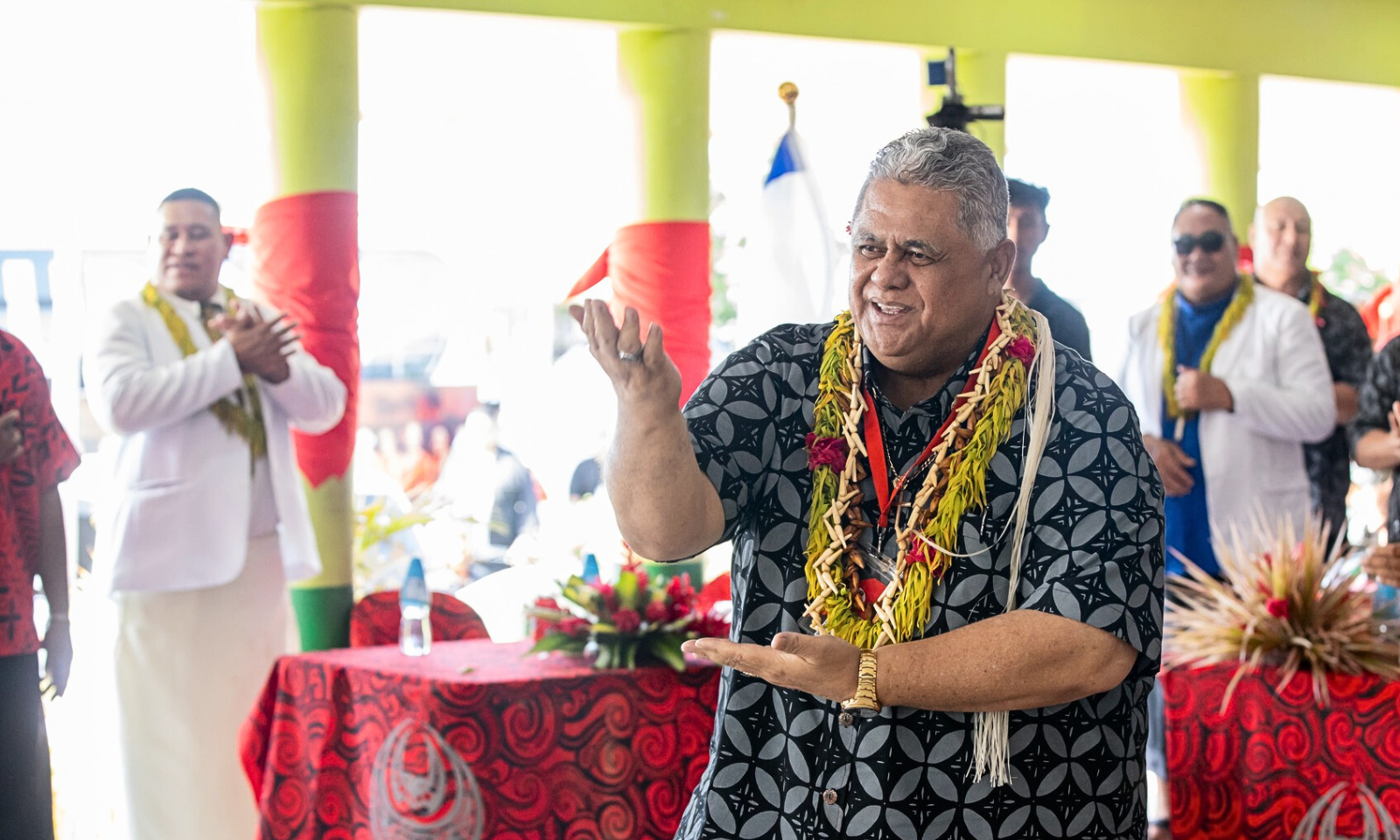
A decision is pending for Laaulialemalietoa's challenge against his opponent from Aopo. Photo/FAST/Facebook
The Chief Justice has set 15 August as the final date for the Electoral Court to issue decisions on any nomination challenges or applications from the Electoral Commissioner. The deadline also applies to the District Court for rulings on objections to voters and the commissioner’s decisions.
However, the Chief Justice has clarified that if the courts cannot resolve all matters by this date, the remaining cases will be heard after the General Election.